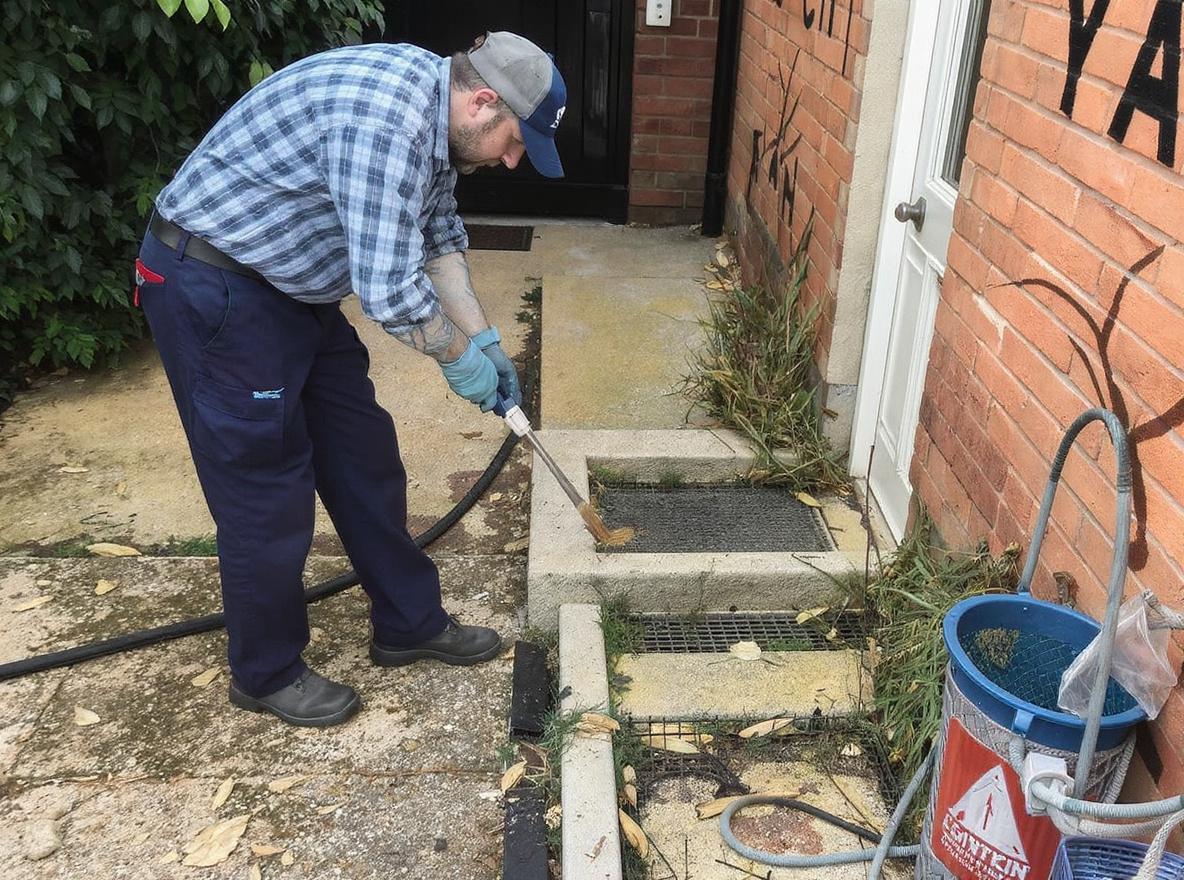Low estrogen levels can have significant implications on one's health, particularly when it comes to cancer risk. Understanding the symptoms associated with low estrogen levels can make a world of difference in the early detection and treatment of cancer. Learn about what to watch for if estrogen levels drop and maintain optimal health.

Common Signs of Low Estrogen Breast Cancer
Low estrogen levels can influence the development and progression of breast cancer. It's important to recognize symptoms that may signal an imbalance such as this. Some common signs include:
- Changes in breast tissue: The texture and density of breast tissue can change due to fluctuating estrogen levels, potentially leading to lump formation.
- Breast tenderness or pain: This is a common symptom linked to both hormonal imbalances and breast cancer.
- Irregular menstrual cycles: Significant changes in menstrual patterns are indicators that hormone levels, including estrogen, may not be as balanced as they should be.
For additional information, explore details on breast cancer and estrogen.
How Low Estrogen Affects Your Body
Estrogen plays a key role in a variety of bodily functions for women, particularly in reproductive and sexual health. When estrogen levels decline, these functions can be affected in diverse ways. Here are some effects to consider:
- Bone density: Low estrogen can accelerate bone loss, potentially leading to conditions like osteoporosis.
- Brain function: Cognitive functions like memory and concentration can weaken with diminished estrogen levels.
- Cardiovascular health: Estrogen supports healthy blood flow and pressure, so low levels might increase the risk of heart disease.
These are just a few ways in which low estrogen may affect your body. More comprehensive information is available in the article on low estrogen: causes, symptoms, diagnosis, and treatment.
Managing and Treating Low Estrogen
If symptoms of low estrogen are evident, there are several management and treatment options available. Consulting a healthcare professional is essential for tailored medical advice, but the following methods can be considered broadly:
- Hormone replacement therapy (HRT): Often recommended for menopausal women, HRT can help restore estrogen levels to balance symptoms effectively.
- Lifestyle changes: Maintaining a healthy diet, regular physical activity, and stress management can bolster your body's ability to cope with hormonal fluctuations.
- Medications: In some cases, specific medications may be prescribed to address estrogen deficiency symptoms related to low estrogen levels.
You can read more about these approaches in the article on treatment of estrogen deficiency symptoms in women.
Breast Cancer
Low estrogen levels are a significant area of focus in the context of breast cancer. The link between blood estrogen levels and breast cancer is well-documented, indicating a nuanced relationship between hormones and cancer risk. Resources like Blood Estrogen Levels delve into the connection between hormone levels and breast cancer.
Furthermore, attention must be given to how menopausal changes affect cancer risk. Menopause naturally brings about altered estrogen levels, which can interact with cancer risk factors as described in this comprehensive look at menopause and breast cancer.
Understanding the symptoms associated with low estrogen and their potential connection to breast cancer is an essential component of proactive health care. Early intervention, an informed approach to treatment, and ongoing monitoring can significantly affect your risk management strategy concerning breast cancer and related health issues.




